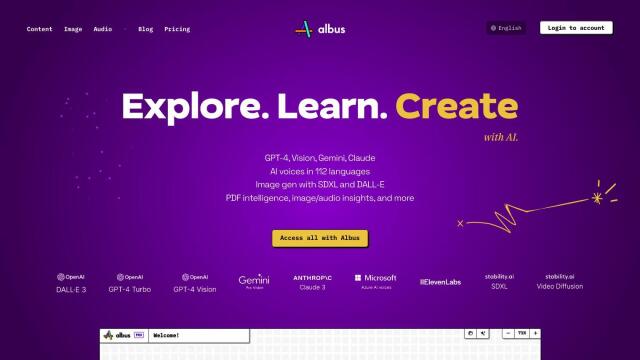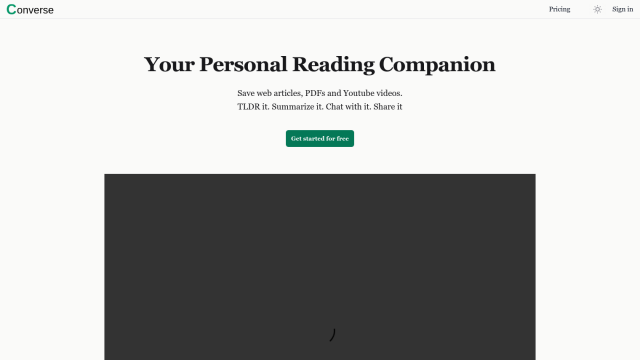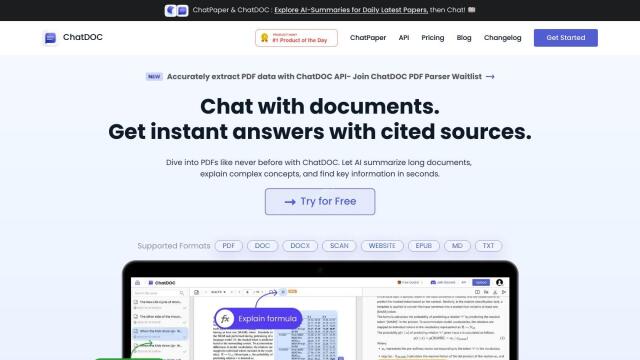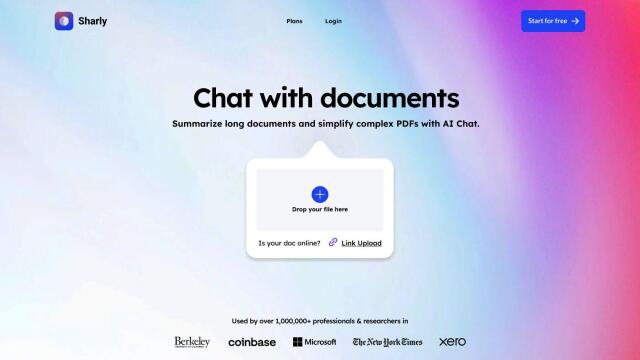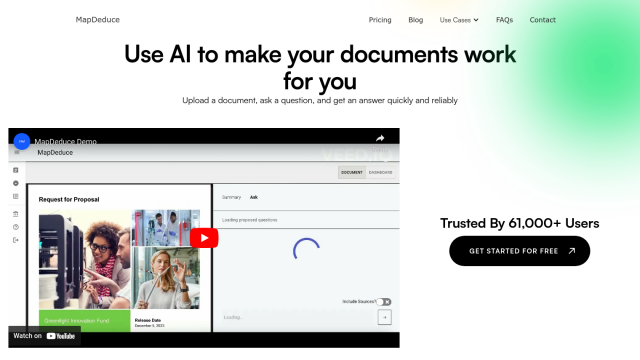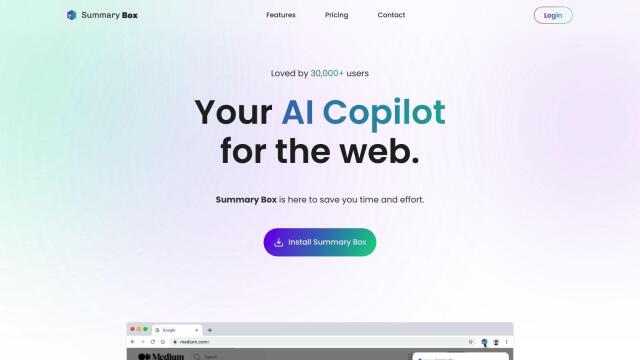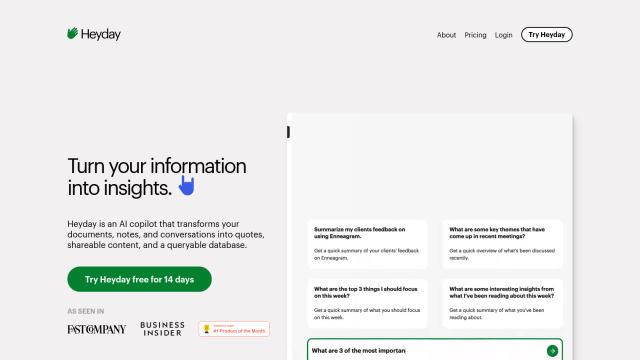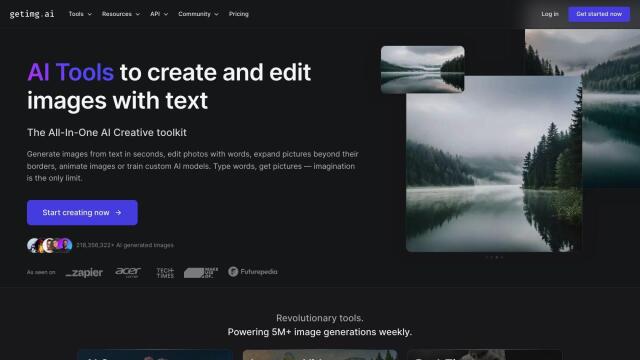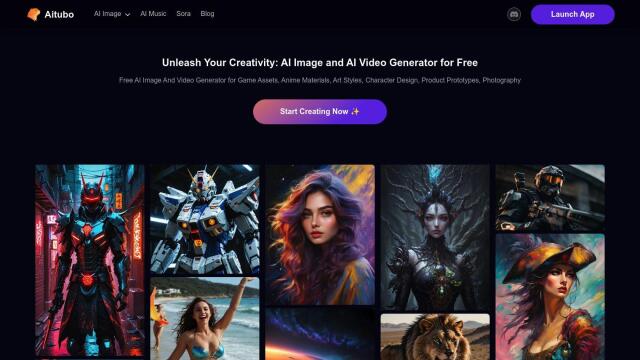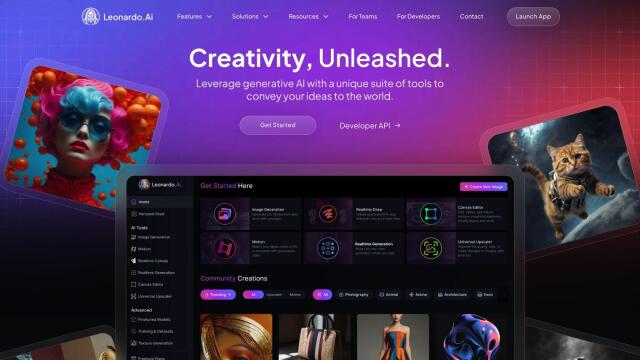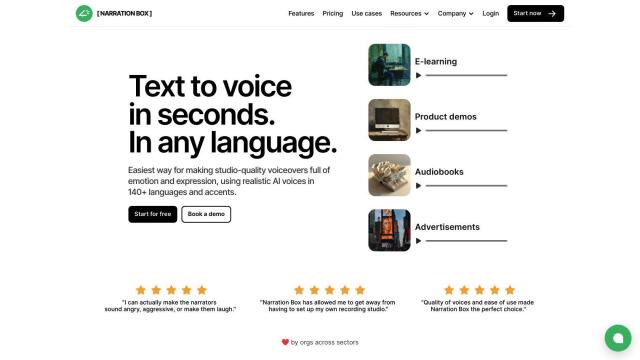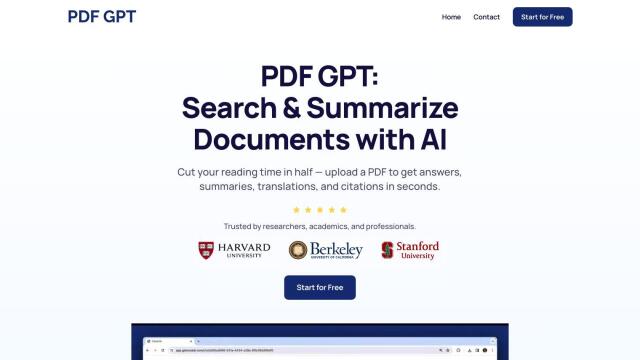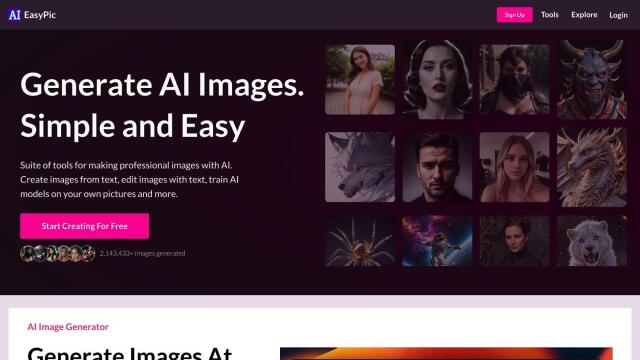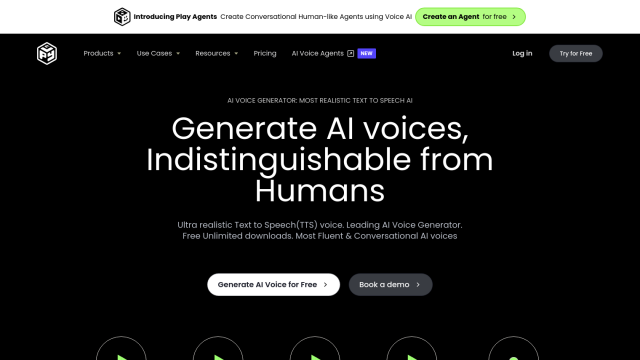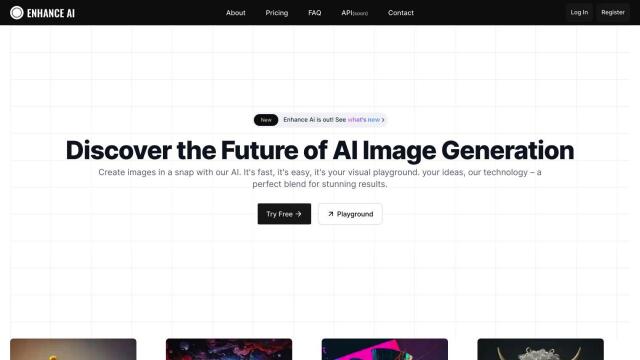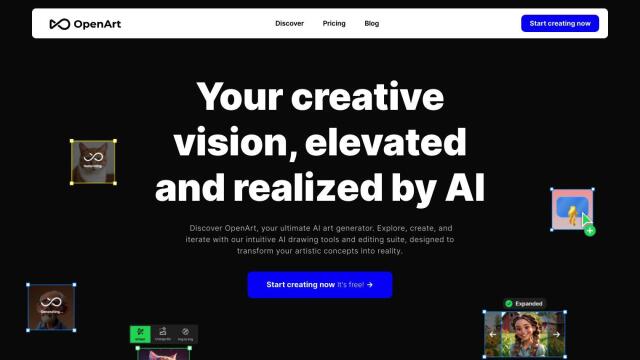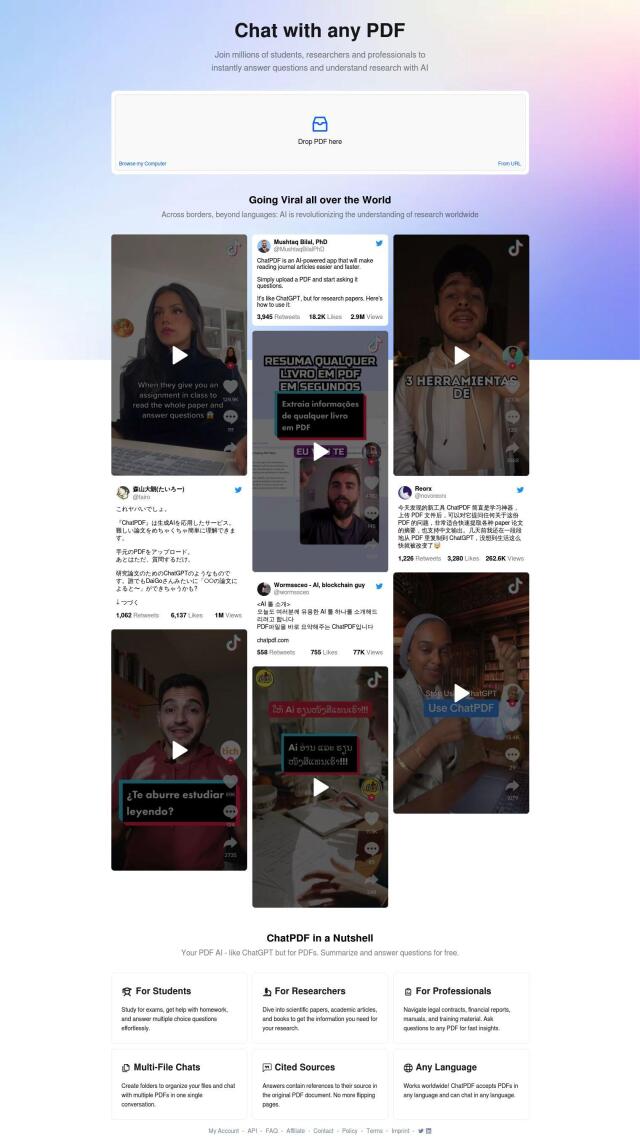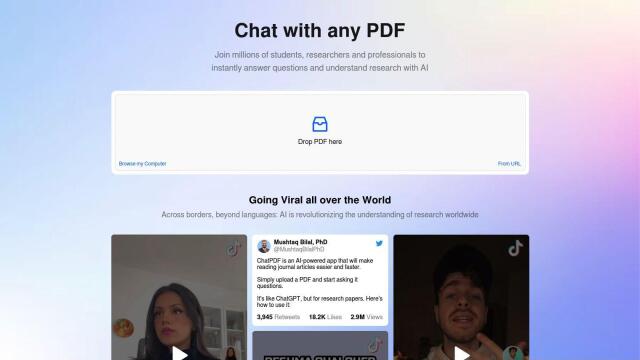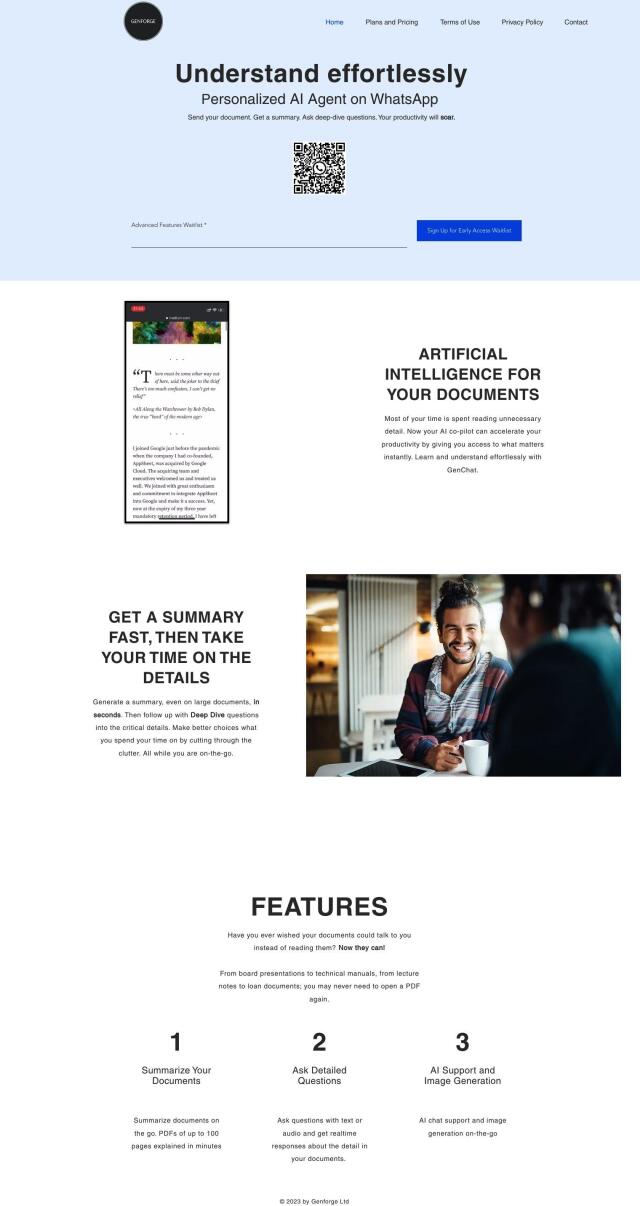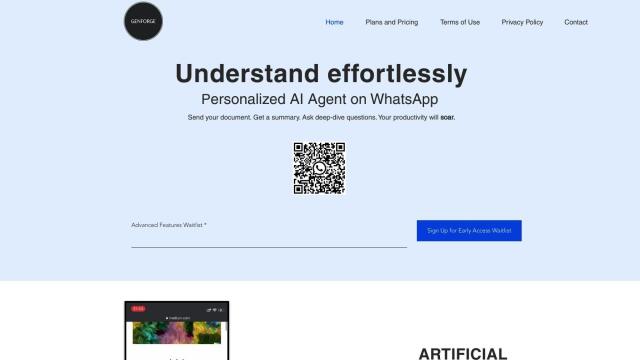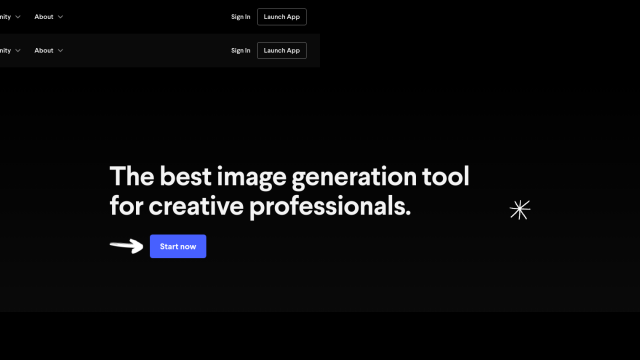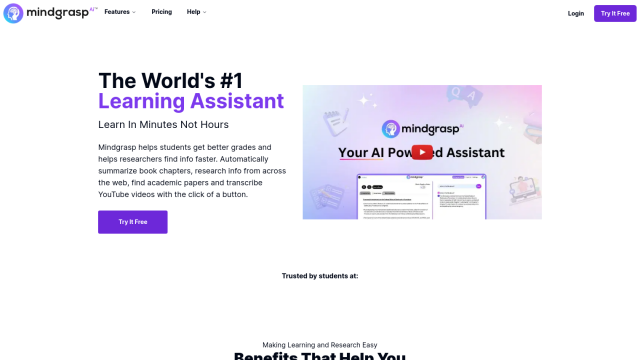
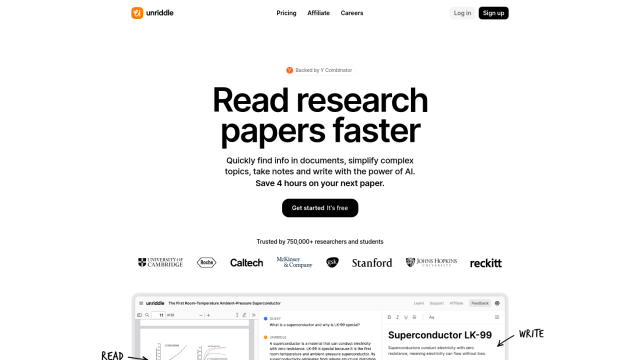
Unriddle
If you're looking for a different alternative to Albus, Unriddle is worth a look. This AI-powered information retrieval system lets you quickly read and research documents by building an AI assistant on top of any document. It can provide immediate answers to your questions, summarize complex information, take notes and create interactive graphs to show relationships. It can read more than 90 languages and can process PDFs up to 10,000 pages long, so it's good for researchers like PhD students and R&D scientists.

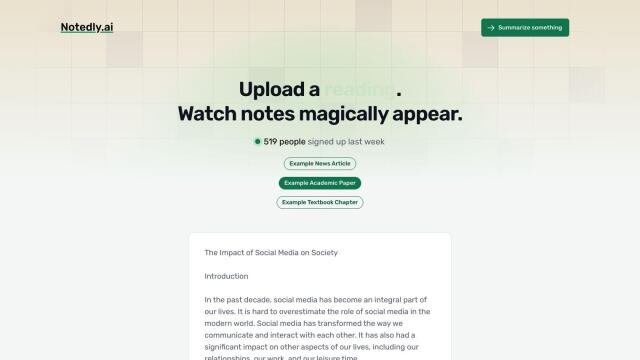
Notedly
Another good option is Notedly, which is geared for students trying to understand the information packed into textbook chapters, news articles, lectures, PDFs and videos. It uses auto summarization and complex content simplification to generate notes rapidly, and it can summarize live lectures and use an auto-write feature for essay writing. Notedly can help you avoid reading stress and free up time, which is useful for students with a lot of reading assignments.

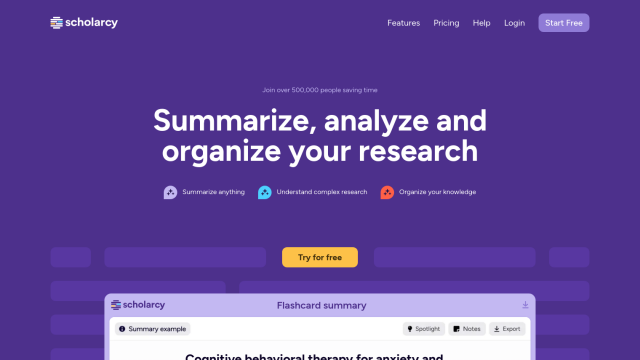
Scholarcy
Scholarcy is geared for academic papers, with interactive summary flashcards, summarization, analysis, organization and synthesis tasks. It can ingest many file formats and has more advanced features like customizing summaries, taking notes and generating one-click bibliographies. It's good for students and researchers who want to understand complex information better and get more done in less time.


Otio
If you want a more general purpose and AI-native workspace, check out Otio. It lets you summarize and chat with your documents using AI models like GPT-4o and Claude 3. Otio supports more than 20 languages and has features like automatic summarization, AI-assisted text editing and document organization that can save you hours of research time by reducing reading and organizing information. It's good for researchers, students and analysts.

